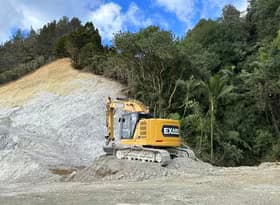Chart of the Month: Job losses to hit renters first
It’s abundantly clear that the COVID-19 pandemic and economic downturn isn’t hitting all groups equally, with job losses more concentrated among groups like Māori, young people, and women. Infometrics analysis has also determined that many who are facing job losses are likely to be renters.
Infometrics analysis of Census 2018 data examined employment and homeownership, and points towards the fact that those in vulnerable industries are less likely to own their own house than the average. For example, just over 70% of all accommodation and food service workers in 2018 were renting.
With some of the sectors with the highest concentration of renters expected to be most affected by the current economic downturn, the more immediate impact of unemployment is set to be felt by renters faster than homeowners. Alongside accommodation and food services, a range of other industries exposed to the downturn also have higher renting rates, including retail trade (57% renting), administrative and support services (54%), and arts and recreation services (54%).
This analysis suggests that, as job losses mount, and as the available rental stock increases (as Airbnb properties enter the long-term rental market), residential rents are likely to come under downwards pressure. Market rents have already shown signs of softening, (although they’re still rising, but at a slower pace), even as the housing market continues to see even greater heat in prices.
Understanding differences like this is important both to analyse how to design support for those groups, but also to determine how the different impacts will influence the wider economy.


















